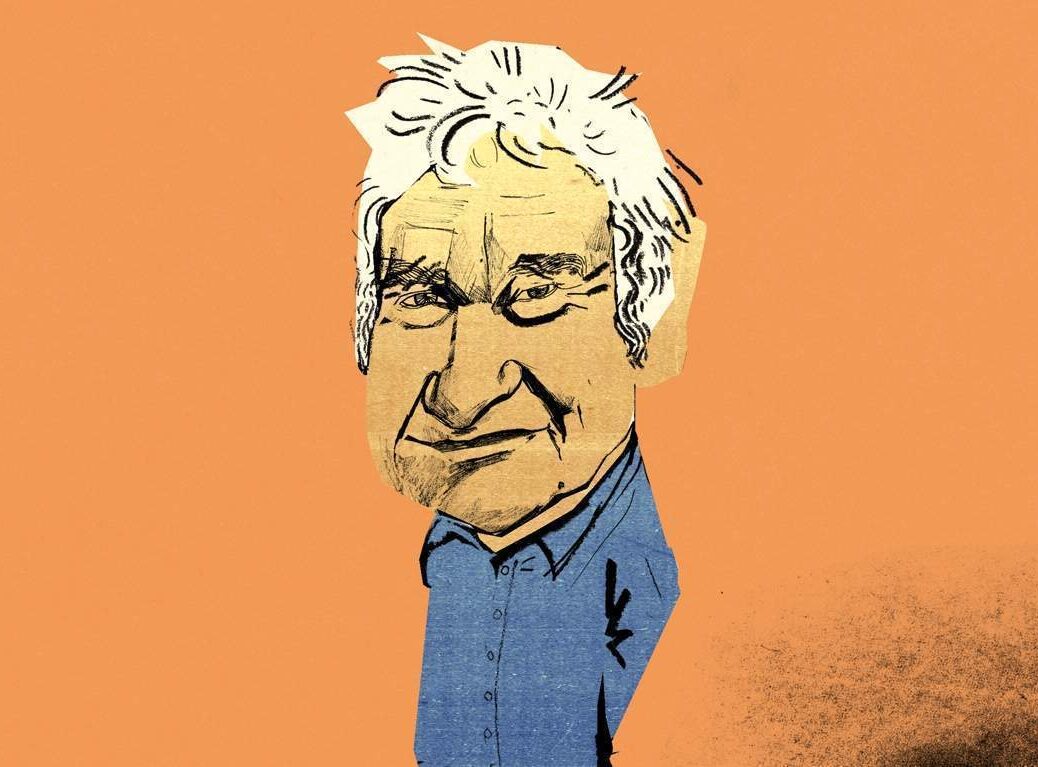
<span style=”letter-spacing:
-.1pt”>What is the most important invention of the past hundred years?
Penicillin. Imagine a world without antibiotics, a world where infections that would barely keep you off work or school today would kill you. That world existed a little over 70 years ago.
The discovery of penicillin was important but we also needed scientists such as Howard Florey to get the drug developed for wide use. We are in grave jeopardy of throwing all of that away by using antibiotics so much that the bugs become resistant to them. If we are not careful, we will go back to dying from things that are easily treated today.
What is the most important scientific discovery of the past hundred years?
That DNA is the hereditary material of life and that its structure reveals both how it can encode information and how that information can be copied precisely.
What is the greatest sporting event of the past hundred years?
The 1966 World Cup. It was the one time England really achieved something in our national sport. I was brought up in Wembley and was living there in 1966, so I was very close to the great event.
Which book, film and/or work of art has had the greatest impact on you and why?
Zeno of Bruges by Marguerite Yourcenar: a tribute to how the light of reason can prevail in the darkness of irrationality. Also, the Ingmar Bergman film The Seventh Seal, an exploration of religious doubt and a celebration of decent human values. And Picasso’s Les Demoiselles d’Avignon; it challenges what is really real.
Who is the most influential or significant politician of the past hundred years?
Nelson Mandela, for dealing with conflict resolution in a fractured society – and for the power of forgiveness.
And author?
James Joyce, who almost reinvented the novel and who laid bare our souls. Witty and quite funny at times, too.
And playwright?
Bertolt Brecht. His work, in particular Galileo, champions science ahead of dogma and ideology. The message is as important today as it was in the time of Galileo.
How about anyone in business?
Hermann Hauser. He’s not a household name but he has made a big contribution to putting science to practical use, including mobile phone technology and genome sequencing.
And sportsperson?
As a small boy, I was taken to White City to see Emil Zátopek run. In the 1952 Olympics, Zátopek’s marathon was a last-minute decision. In those days, sportspeople seemed a little more real.
And philanthropist?
David Rockefeller, for supporting the Rockefeller University in New York (of which I used to be president), where so many contributions to biomedicine have been made. And for always being modest and the perfect gentleman.
What is your favourite quotation?
“That’s one small step for man, one giant leap for mankind.” It was the space race that first inspired my passion for science. Manned space exploration still has the power to enthral.
What do you think will be the most significant change to our lives in the next century?
Handling decisions that involve science will become increasingly crucial for a healthy democracy. Science impacts all aspects of our lives and we need to ensure that our democracy can manage the difficult policy questions that will arise.
What is your greatest concern about the future?
We have come a long way since the Enlightenment and most of the time I am confident that we will continue to move forward. But every now and then we show signs of turning away from rationality and evidence and falling back into the arms of ideology or blind faith.
What will be the most dramatic development in your own field?
A fuller understanding of how cells work. They are the simplest entity that exhibits the properties of life, so this understanding will bring us very close to working out many of the mysteries of life.
What is the priority for the future well-being of both people and our planet?
In 2012, the Royal Society published a report called People and the Planet. It is a good place to start. We need to tackle the twin issues of population and consumption. That will require rebalancing the use of resources in a fairer way and helping people to make their own choices about family size.
Paul Nurse is a Nobel Prize-winning geneticist and the president of the Royal Society





